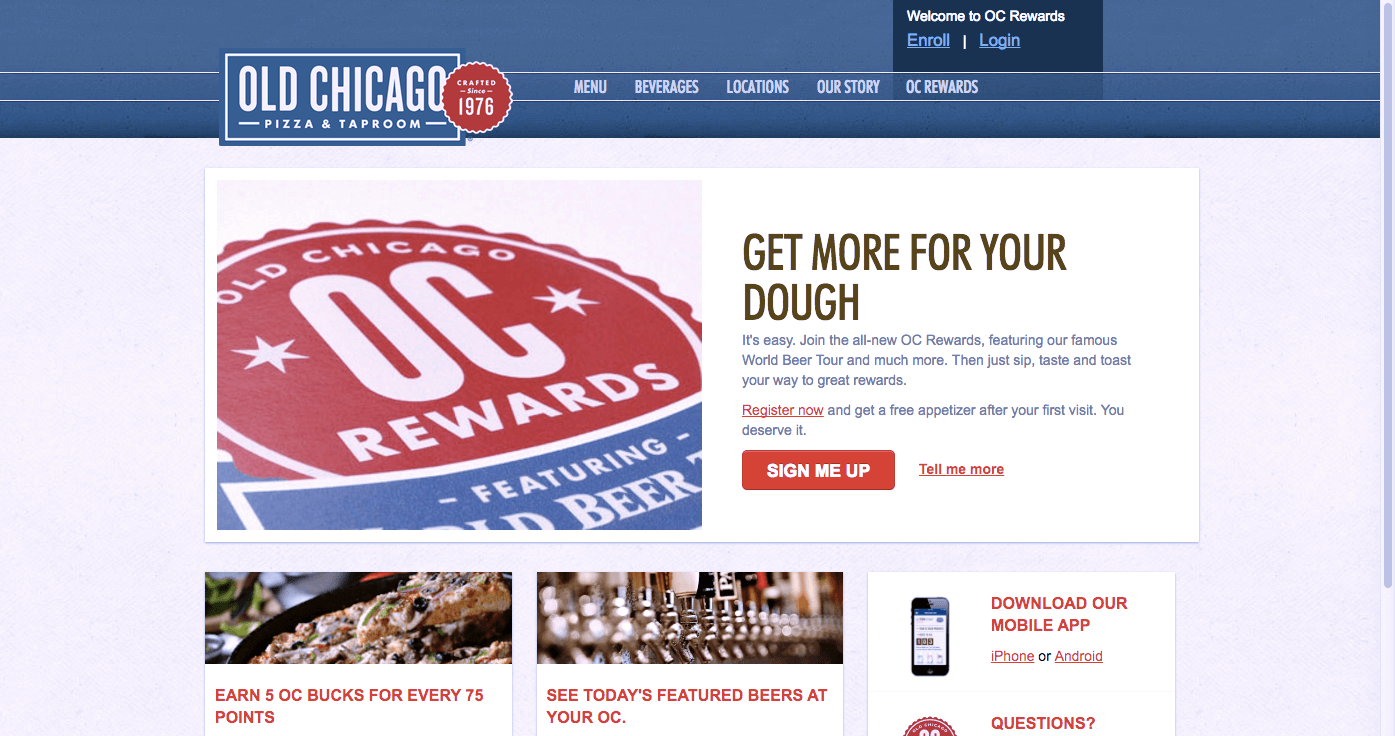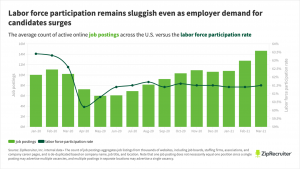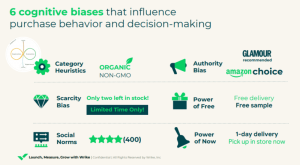You’ve probably heard sayings like, “Life’s about the journey, not the destination,” but have you thought about putting this philosophy to work in local search? Columnist Lydia Jorden explains how to optimize for this trend.

Millennial travelers have been yearning for genuine, local experiences that deliver a special and unique taste of authenticity. They don’t want to merely cross an experience, city or place off a bucket list.
These travelers and searchers would like to experience life, while accidentally encountering experiences worthy of Snapchat stories, Instagram images and other forms of bragging, which are usually motivated by an honest urge to foster curiosity and cultural learning — or at least appear that way.
For millennials, there are a variety of options to satiate this type of hunger, including Airbnb, VRBO, asking Uber drivers for local recommendations, couch surfing and more. For marketers, offering services to these folks — opportunities to benefit from off-the-beaten-path journeys and trends — requires focus and attention, especially within the local search landscape.
The digitization of local search and its placement at a mobile traveler’s fingertips gives us local search marketers opportunities to outdo the traditional local search marketing approach.
From ride-sharing services like Uber to brick-and-mortar restaurants, companies have been working to make these customer-driven experiences a part of everyday optimization to better serve a stronger result within the local search space.
Creating a journey
Uber is a standout example. Jessica Williams, marketing manager at Uber, spoke at the Denver Digital Summit in 2016 to share stories of how Uber is revolutionizing the ride-sharing business to better appeal to this “journey-driven” rider.
Williams shared how Uber identified areas within riders’ regions that the riders had never visited. Uber would then surprise riders with offers of trips to specific locations (in the form of a free ride if the rider selected).
Uber would then transport the rider to the location and back during a time when that city had a fun or interesting event — free of charge. Technology had even advanced to ping riders during rides about deals happening nearby and around them — all adding to the seamlessness of local optimization.
Translating this concept to the SERP
Making a local listing a true standout in this space is challenging because of all the factors we cannot directly control. However, we do have influence through a variety of means to optimize for local SERPs by tapping into this new trend of consumers wanting each blip of a local visit to be part of a bigger story for themselves.
Dedicating a website page to an experience
It’s no secret that content is one of the main contributors to achieving prime positioning within the search engine results page. One major influence on rank is Google’s ability to connect the copy on your website to that of a searcher’s query.
Generating content on your site that speaks to these “experience-styled” searchers can give your website a boost by helping Google understand that you are delivering exactly what a searcher wants to be a part of.
Use your current website as an opportunity to sell an experience or journey, rather than a product. For some, like a travel agency, this can come easily, as you are already investing in website copy to appeal to an individual’s sense of adventure, relaxation or luxury.
However, for other industries — such as photography or retail — this is the perfect opportunity to continue driving people to your website, which, in turn, strengthens other main metrics that influence local search position.
Specific company examples
The town of Telluride, Colorado
When I Googled “Telluride Colorado” I was greeted with a built-out local listing and keyword-optimized navigation on the telluride.com website.

The point to be made from this experience is that if a company is optimizing for specific searches that aren’t exactly related to the company but are in tune with the impact of a particular journey that someone wants to experience, only then will the business be able to capture people within this phase of a search. Local searchers will then begin to mentally connect your business to the larger journey they are desiring to experience.
The Telluride website opitimizes and ranks for terms that fall into a searcher’s larger journey. Some keywords the site ranks for include: colorado things to do in the summer, pet-friendly colorado cabins, things to do in colorado during winter, fine dining guide, etc.
Old Chicago Pizza and Taproom

The World Beer Tour, coined by Old Chicago Pizza and Taproom, is a rewards program for guests who are interested in tasting a wide range of beers from all over the world. When a consumer drinks 110 beers over the course of time, they earn a World Beer Tour sweatshirt and also have the bragging rights to claim they have consumed 110 different beers from all over the world, which Old Chicago sells.
Old Chicago has the opportunity to optimize for specific keywords that receive high volume, while also competing on a local level for individuals who want global beer knowledge and tastings to be part of his/her story. There is a market for beer consumers who want to try new things and are in need of a place to go to do it.
With some optimization, Old Chicago Pizza and Taproom can work toward strengthening on-page keywords, in addition to on- and off-page optimization to achieve a SERP click from consumers who integrate themselves with the beer market and tasting journey. Keywords that demonstrate a consumer journey are key to focus on. Terms including beer tasting experience, beer tasting expert, craft beer knowledge, learn about beer sum to an average search volume of 320/month within the United States.
With this scenario, Old Chicago is no longer simply selling food and beer; they can sell an experience of global beer tasting while reaping the benefits of improved local SERP positioning.
Make this trend in local search behavior work for you
We went through a couple of examples above of how you can make the adventure-seeking trend work for your specific businesses. The main things to keep in mind for any industry wanting to tailor to this change in local search behavior are:
- Brainstorm the bigger, more abstract picture for which your product provides a solution.
- Example: selling windows translates to making a house a home.
- Example: a spa/hair salon translates to being a sanctuary for busy people to finally relax and enjoy themselves.
- Example: a bar translates into an environment for people to finally let loose and have fun with no judgment.
- Cater to the bigger picture and find where your business fits into that customer’s adventure and optimize for the adventure.
[Article on Search Engine Land.]
Some opinions expressed in this article may be those of a guest author and not necessarily Marketing Land. Staff authors are listed here.
Marketing Land – Internet Marketing News, Strategies & Tips
(48)
Report Post







